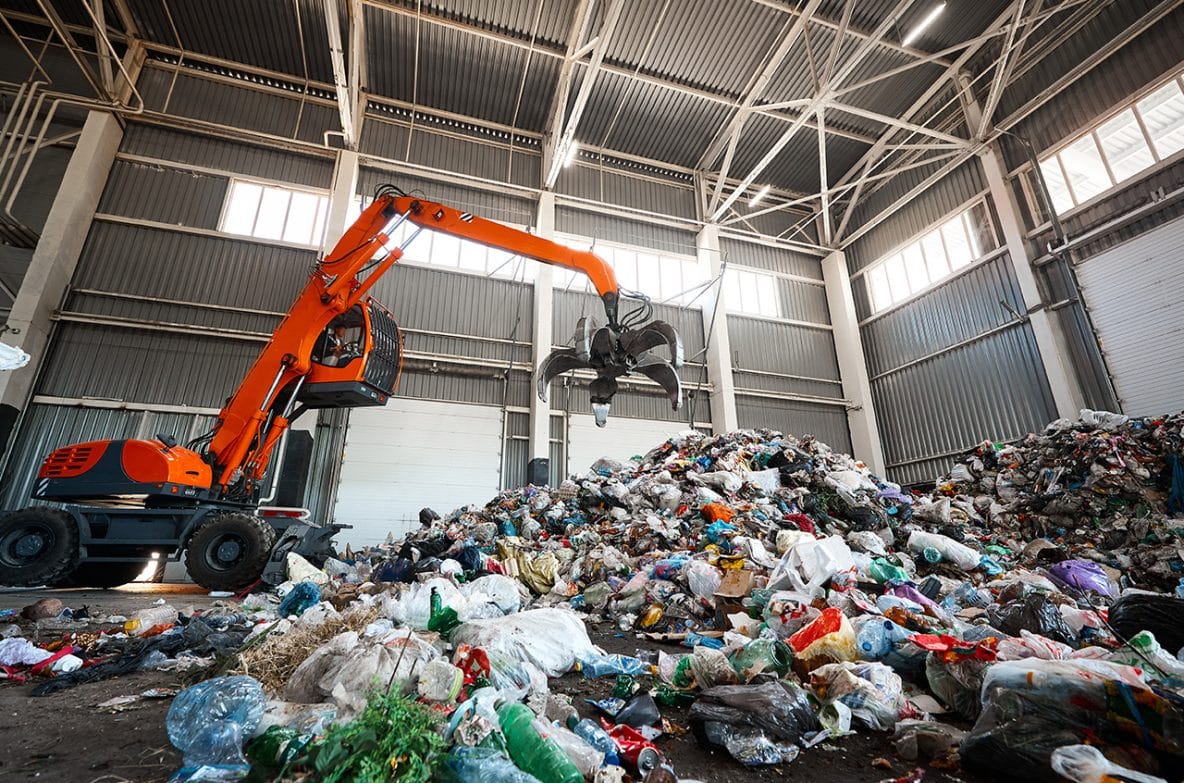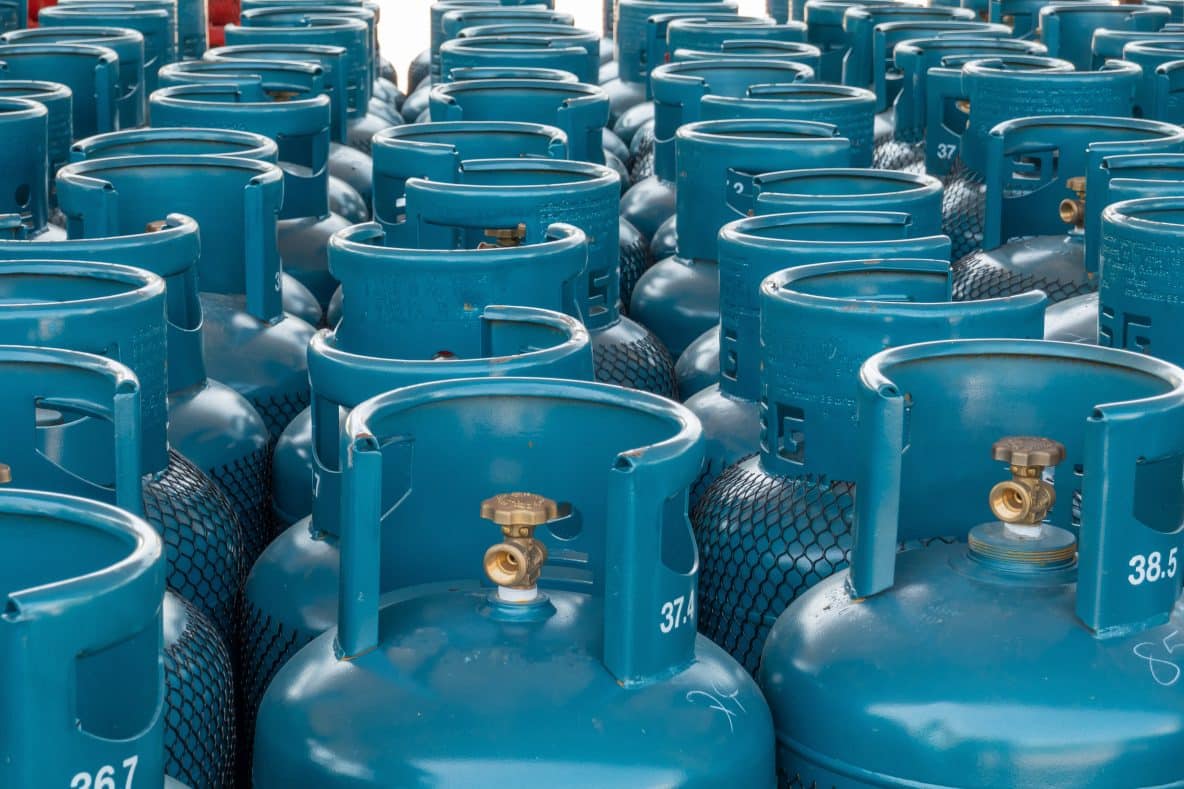The recent workplace fatality statistics published by the HSE also break those statistics down by the type of accident. The most common types of fatal accident during 2022/23 were: falls from a height – 40 struck by moving objects – 29 struck by moving vehicles – 20 trapped by something collapsing / overturning – 12 contact with moving machinery – … Read More
Pop-up Toilets Safety Notice
The HSE recently issued a safety notice regarding a risk of crushing for persons involved in the maintenance of pop-up toilets. The safety notice follows a fatal accident where an individual was crushed when working beneath a raised pop-up toilet. The hazards identified by the notice arise during the lowering of a raised pop-up toilet during cleaning, maintenance, or inspection … Read More
New Passive Fire Protection Guidance
The Association for Specialist Fire Protection (ASFP) have published a series of three Advisory Notes on topics related to passive fire protection as well as updating a previous Advisory Note. These are Advisory Notes 13, 30 and 31, with the updated Advisory Note being number 15. The first of the three Advisory Notes, number 13, covers the testing of partial … Read More
Environment Agency Warn about Using Apps to Dispose of Waste
The Environment Agency has released a warning regarding risks of using apps to arrange disposal of waste. All businesses which carry, broker or deal with waste must have an ‘upper tier’ registration with the Environment Agency, however recent investigations have found a number of apps set up by unregistered operators, apps which do not register or allow unregistered operators to … Read More
The Ladder Association’s Telescopic Ladder Campaign Continues
As part of their on-going ‘Step Up to Safe Ladders’ telescopic ladder safety campaign the Ladder Association has released a second report urging the government to make regulatory changes to hold suppliers and online platforms accountable for the ladders that they sell. The report, named ‘It’s time to Step in’, follows an initial report, ‘Step up to Safe Ladders’ released … Read More
New Videos on Metalworking Fluids Quality Checks
The United Kingdom Lubricants Association Metalworking Fluid Product Stewardship Group, in association with the HSE and University of Sheffield Advanced Manufacturing Research Centre, have produced a set of 10 short videos, all between 1 to 5 minutes long, on various aspects of practical work with metalworking fluids. The videos consider the topics of: Looking after metalworking fluids Conducting visual and … Read More
New Guidance on the Safe Use of MEWPS Near Power Lines
The International Powered Access Federation (IPAF) has released new guidance as part of their High Voltage! global electric safety campaign. The IPAF High Voltage! campaign is designed to help those planning and using MEWPs to properly consider the hazards and risks associated with working near power lines and what control measures can be taken to safely negotiate the risks. The … Read More
HSE Report on Fit Testing of CE Marked Ear Loop Respirators
Following the previous safety alert released April 2022 the HSE has now released specific details of research undertaken regarding the effectiveness of different styles of filtering facepiece (FFP) respirators / masks as respiratory protective equipment (RPE). In the previous safety alert the HSE warned that respirators and facemasks that rely on ear loops to hold them in place are not … Read More
Compressed Gas Cylinder Risk Assessment Guide
A new technical information sheet has been released by the British Compressed Gases Association (BCGA) covering risk assessments for activities involving compressed gas cylinders in the workplace. The new guidance includes hazards related to the cylinders themselves, the gases used within the cylinders, pressure release, external influences as well as other concerns including transport. The guidance can be downloaded for … Read More
Guidance on Managing Stress
Stress is defined by the Health and Safety Executive (HSE) as ‘the adverse reaction people have to excessive pressures or other types of demand placed on them’. Stress can affect a person’s physical and mental health and cause burnout, anxiety, and depression. Stress can be caused by factors at work such as conflicting demands, conflict at work, lack of support … Read More









